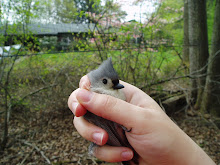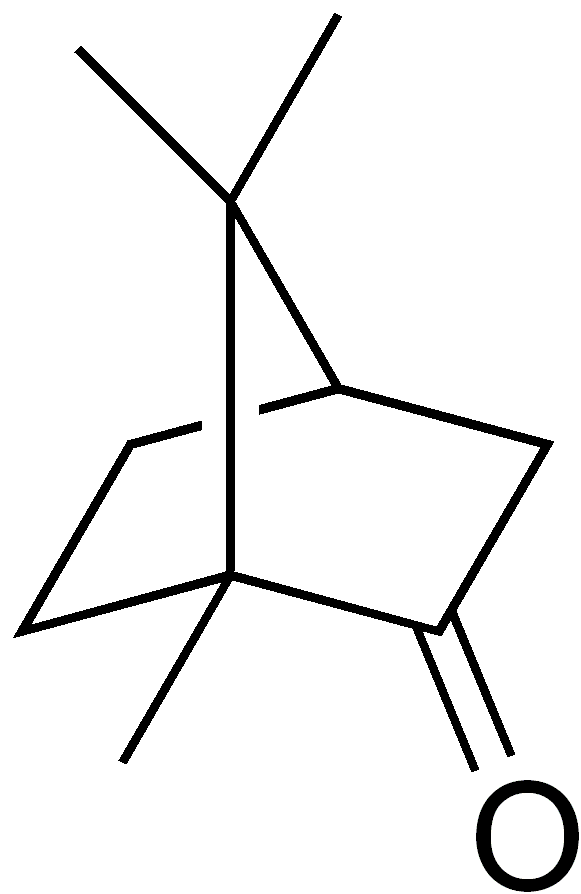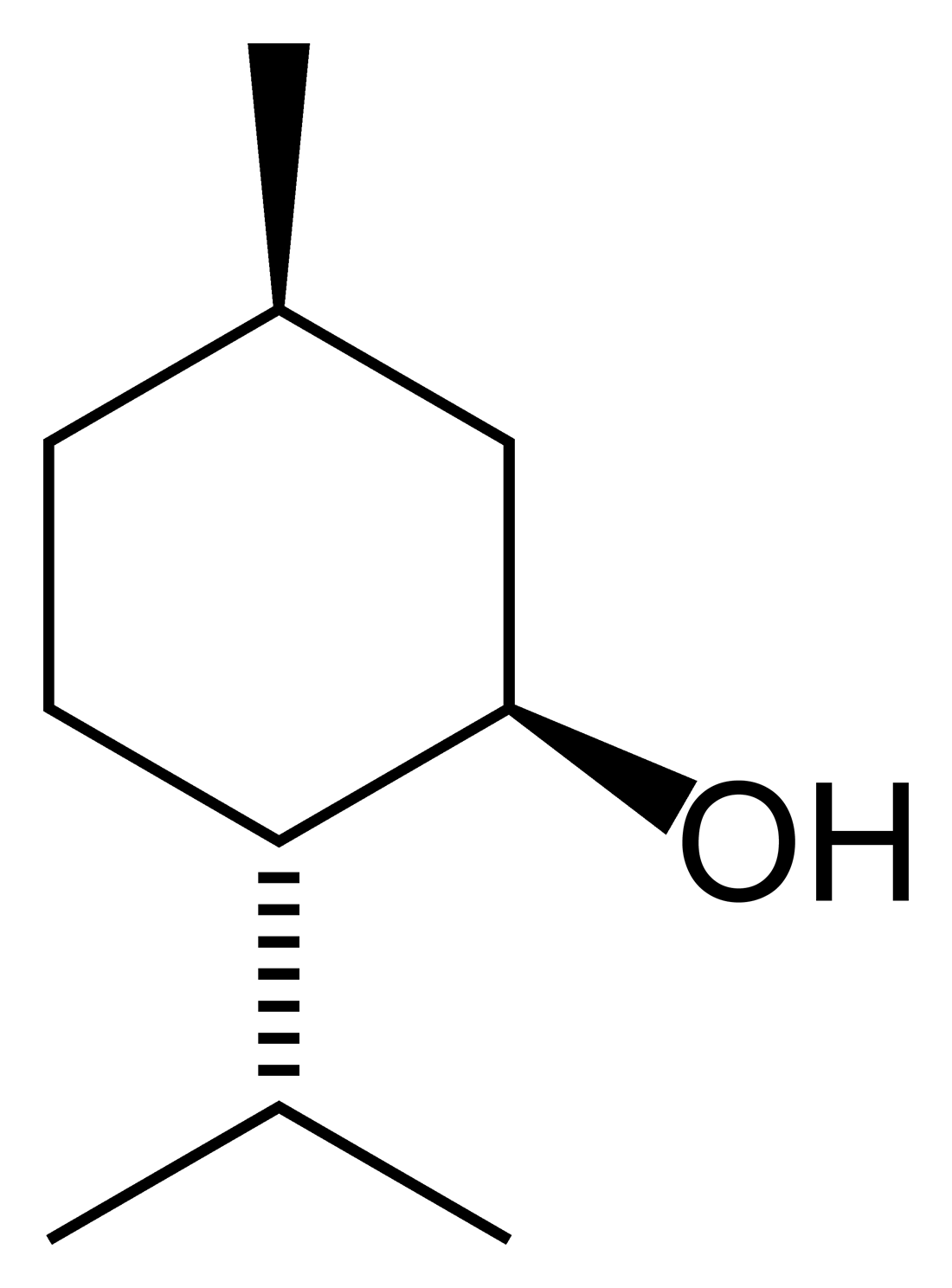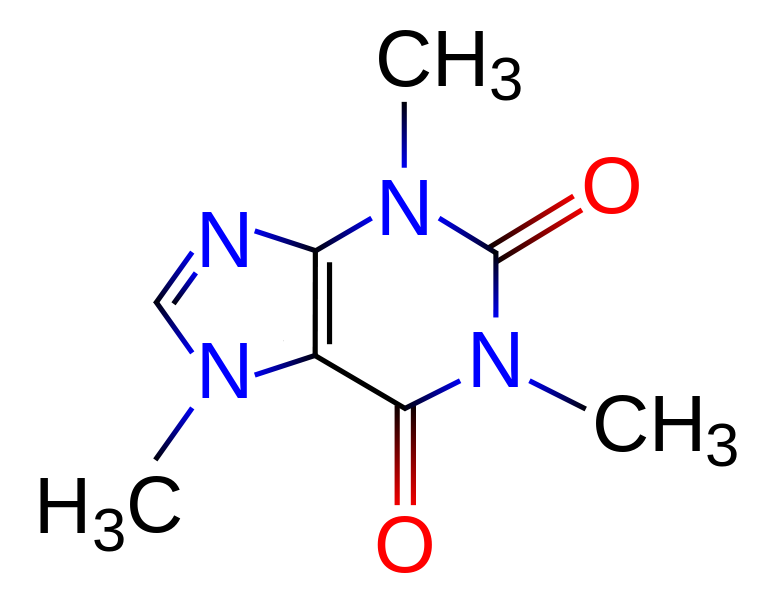Person A: Ew, you're eating that? It contains corn syrup!You can check them out on YouTube: Ad 1 and Ad 2.
Person B: So? It's made from corn. Corn is a plant! What's wrong with it?
Person A: Uhm... I... uhm... can I have some?
Naturally, these ads have been lighting up the food blogosphere. The Jew and the Carrot (hereafter known as JCarrot and now part of my blog biscuit) had a good, long post about them a few days ago, and I don't want to just repeat everything that they said, so check out their post. I just wanted to bring this to your attention, in case you're like me and don't actually watch enough TV to see these things for yourself.
Don't be like the folks in the commercial, clueless when it comes to actual reasons to avoid corn syrup. There are plenty of good reasons, having nothing to do with its nutritive value. Notice that in the commercials, the products are "fruit drink" and a popsicle, things we expect to be sweet... had they shown breadcrumbs, canned soup, tomato sauce, or any of the myriad products that really *don't* need to be additionally sweetened, I would hope that Person A would reply, "But why do you need to have corn syrup in your breadcrumbs/tomato sauce/chicken soup/whole wheat bread in the first place?" and it would be Person B's turn to be at a loss for an answer.
Actually, that's not a bad idea... maybe we should get some talented filmmakers to make alternative versions of these ads and post them as responses on YouTube to the corn syrup ads. Any volunteers?
In the meantime, though, read the JCarrot article for some suggestions about why corn syrup is, in fact, not all that great. (Although in my conversations with Aliza, I have learned that nothing is nearly as simple as we'd like it to be.) And, you know, while you're at it... keep reading JCarrot, it's a great blog!
PS: I have no idea why I didn't post this when I wrote it. So I'm posting it now, a little late but better than never, right?






